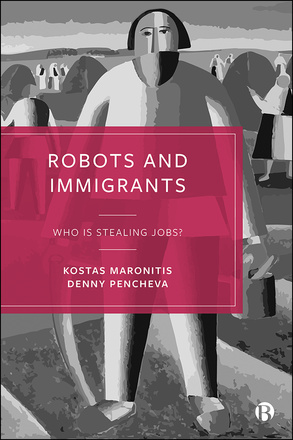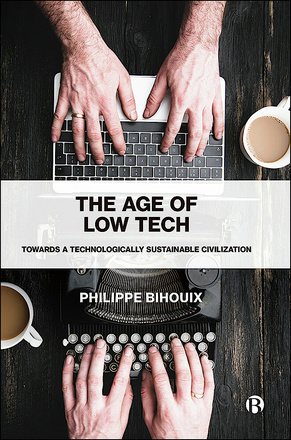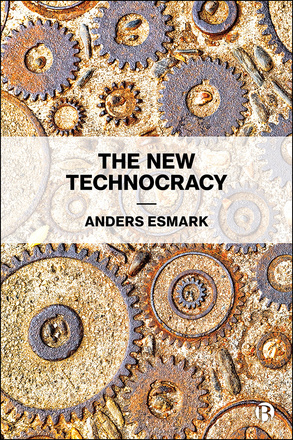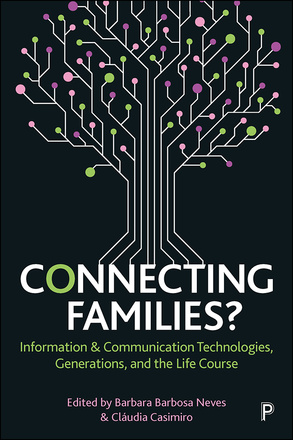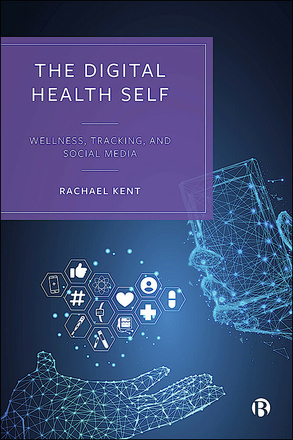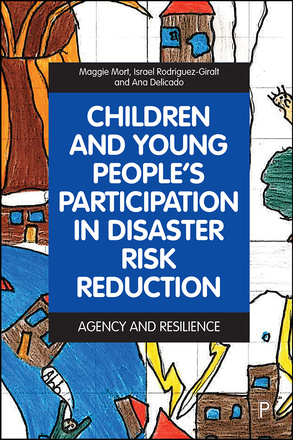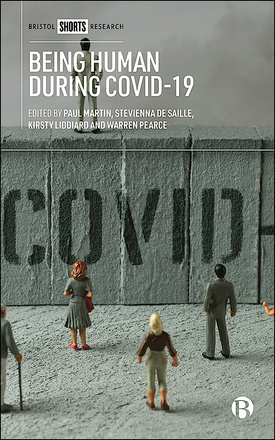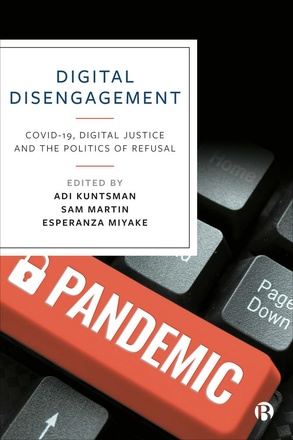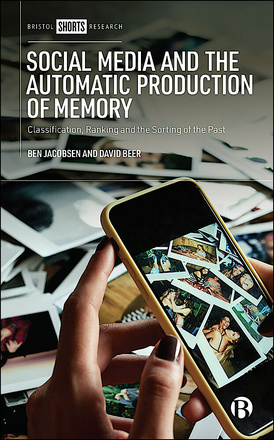Science, Technology and Society
Robots and Immigrants
Who Is Stealing Jobs?
This book scrutinises the narratives created around stealing jobs, opening new debates on the role of automation and migration policies. The authors reveal how the advances in AI and demands for constant flow of immigrant workers eradicate political and working rights, propagating fears over job theft and ownership.
The Age of Low Tech
Towards a Technologically Sustainable Civilization
A best-seller in France, this English language edition introduces readers to an alternative perspective on our technological future. Bihouix skilfully goes against the grain to argue that ‘high’ technology will not solve global problems and envisages a different approach to manage our resources and build a more resilient and sustainable society.
The Impact Agenda
Controversies, Consequences and Challenges
Measuring research impact and engagement is a much debated topic in the UK and internationally. This book is the first to provide a critical review of the research impact agenda, situating it within international efforts to improve research utilisation.
The New Technocracy
Setting a new benchmark for studies of technocracy, this book shows that a solution to the challenge of populism will depend as much on a technocratic retreat as democratic innovation.
Connecting Families?
Information & Communication Technologies, Generations, and the Life Course
Taking a life course and generational perspective, this collection examines topics such as work-life balance, transnational families, digital storytelling and mobile parenting. It offers tools that allow for an informed and critical understanding of ICTs and family dynamics.
Blinded by Science
The Social Implications of Epigenetics and Neuroscience
This timely book critically examines the capabilities and limitations of new areas of biology, especially epigenetics and neuroscience, that are used as powerful arguments for developing social policy in a particular direction, exploring their implications for policy and practice.
The Digital Health Self
Wellness, Tracking and Social Media
Putting the spotlight on neoliberalism as a pervasive tool that dictates wellness as a moral obligation, this book critically analyses how users navigate relationships between self-tracking technologies, social media and health management.
Children and Young People’s Participation in Disaster Risk Reduction
Agency and Resilience
Available Open Access under CC-BY-NC licence. Drawing on participatory international research, this book argues for a radical transformation in children’s roles in responding, planning and adapting to disasters. It demonstrates how child-centred ways of working will benefit all those involved.
Being Human During COVID-19
This transdisciplinary collection engages with key issues of social exclusion, inequality, power and knowledge in the context of COVID-19 for a more equitable and inclusive human future.
Digital Disengagement
COVID-19, Digital Justice and the Politics of Refusal
Leading experts in the field ask what digital justice looks like in a time of pandemic across various interdisciplinary contexts and spheres in science, technology and society from public health to education, politics and everyday life.
Social Media and the Automatic Production of Memory
Classification, Ranking and the Sorting of the Past
Social media platforms hold vast amounts of data about our lives. Content from the past is increasingly being presented in the form of ‘memories’. Critically exploring this new form of memory making, this unique book asks how social media are beginning to change the way we remember.
Expertise in Crisis
The Ideological Contours of Public Scientific Controversies
As the crisis of expertise continues to be a global issue, this book shows that it is not a ‘scientific’ controversy, but an ideological dispute with believers on both sides. If the advocates of consensus science acknowledge the uncertainties of even the best science, it is possible to open a pathway towards communication between world views.







